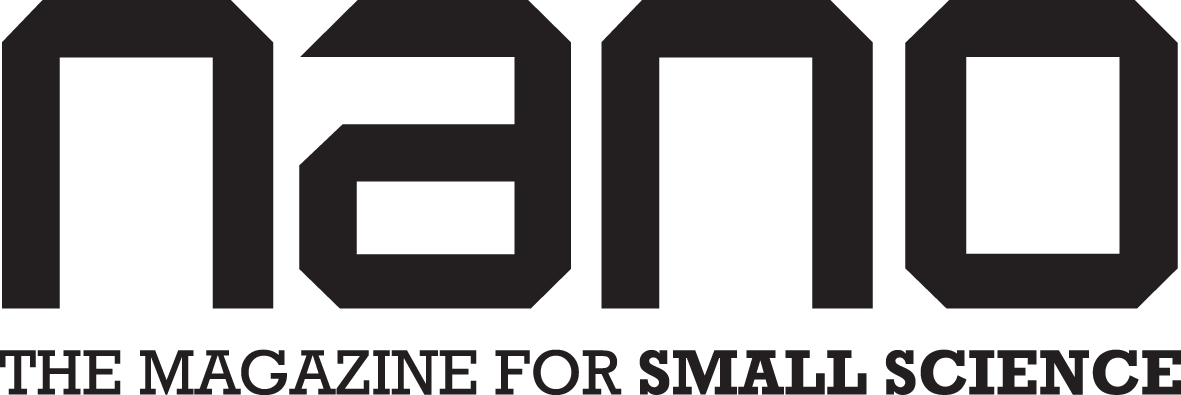Scientists discover how to trick cancer cells to consume toxic drugs

New research led by a team at Massachusetts General Hospital (MGH) points to a promising strategy to boost tumors' intake of cancer drugs, thereby increasing the effectiveness of chemotherapy treatments. The group's findings are published in Nature Nanotechnology.
Getting enough anticancer drugs into a tumor is often difficult, and a potential strategy to overcome this challenge involves binding the medications to albumin, the most abundant protein in the blood. The strategy relies on tumors' large appetite for protein nutrients that fuel malignant growth. When consuming available albumin, the tumors will inadvertently take in the attached drugs.
A popular albumin-bound drug approved by the U.S. Food and Drug Administration is nanoparticle albumin-bound paclitaxel (nab-PTX), and it has been successfully used to treat late-stage lung and pancreatic cancers. "Not all patients respond to nab-PTX, though, and the effectiveness of its delivery to tumors has been mixed, owing to an incomplete understanding of how albumin impacts drug delivery and actions," says senior author Miles Miller, Ph.D., a principal investigator in the MGH Center for Systems Biology and assistant professor of Radiology at Harvard Medical School.
To provide insights, Miller and his colleagues assessed the delivery of nab-PTX to tumors at a single-cell resolution in mouse models of cancer. Using 3D microscopy and what's called tissue clearing technology, the team found that cancer cells can take up a significant amount of nab-PTX and that the consumption of these drugs is controlled by signaling pathways that are involved in the cells' uptake of nutrients such as albumin.
"This discovery suggested that if we could manipulate these pathways, we might be able to trick cancer cells into a nutrient-starved state, thereby enhancing their consumption of nab-PTX," explains Ran Li, Ph.D., first author on the study and an instructor in the MGH Department of Radiology and the Center for Systems Biology. Indeed, treating tumors with an inhibitor of insulin-like growth factor 1 receptor, an important component of one of the signaling pathways, improved the accumulation of nab-PTX in tumors and boosted its effectiveness.
"These results offer new possibilities to improve the delivery of albumin-bound drugs in patients with diverse types of cancer," says Miller.
Image: Shutterstock - fusebulb





